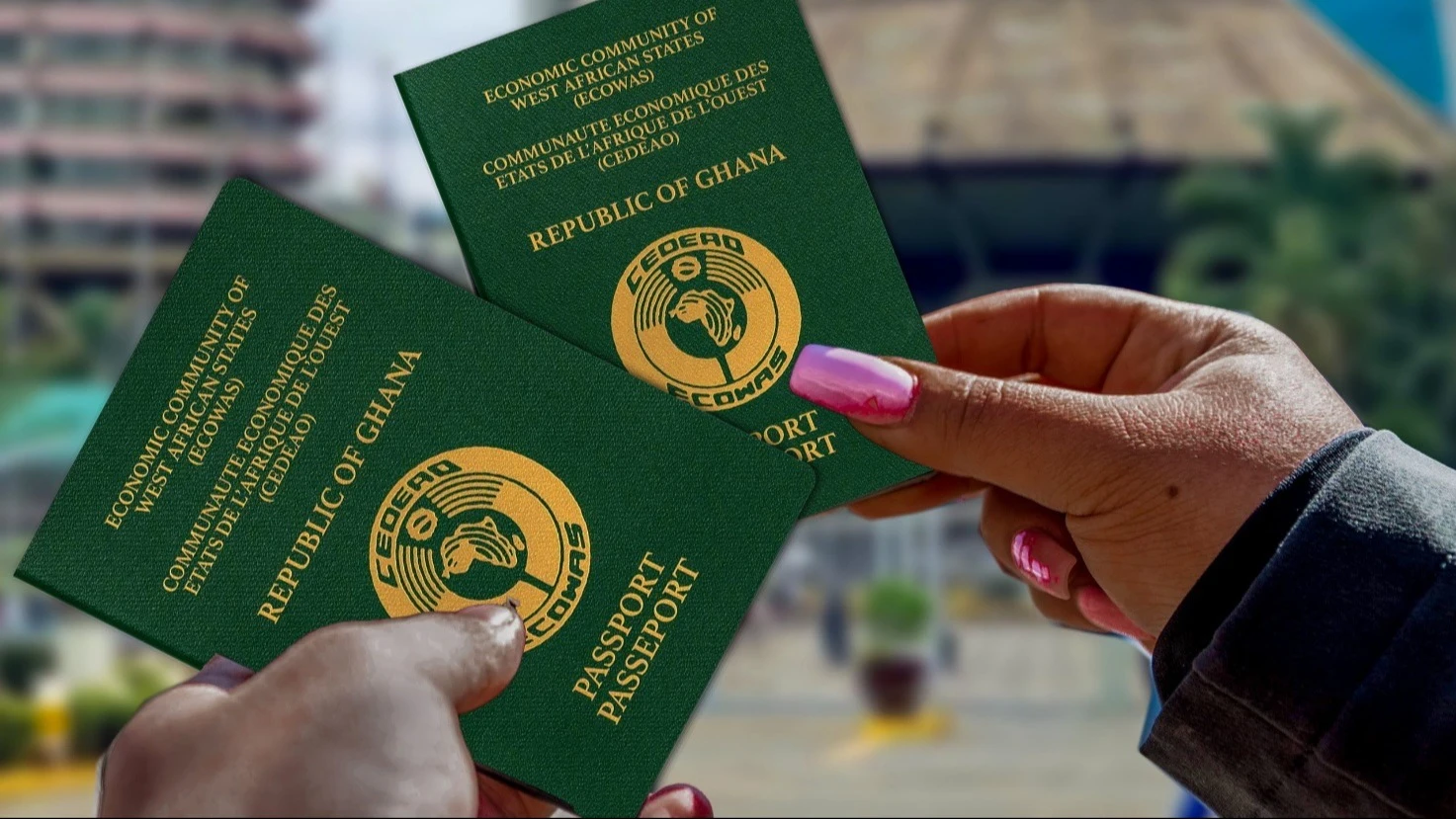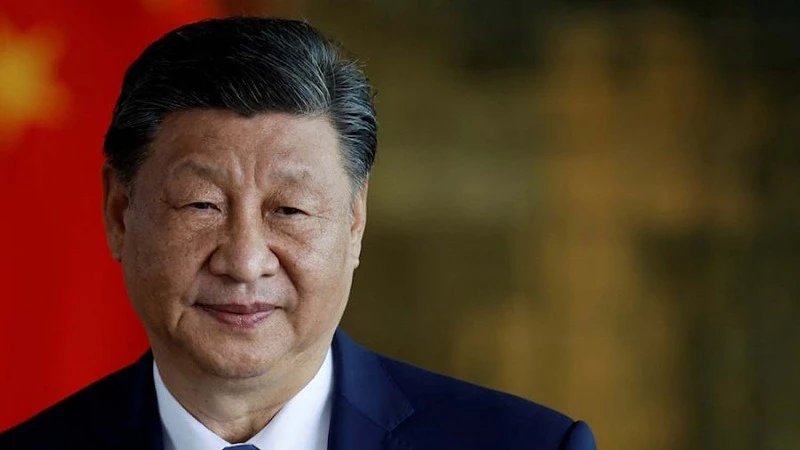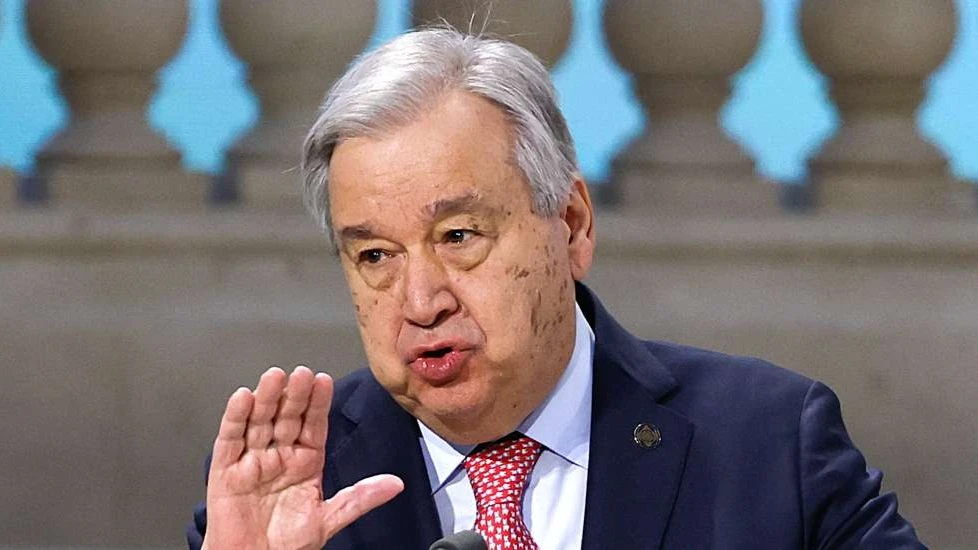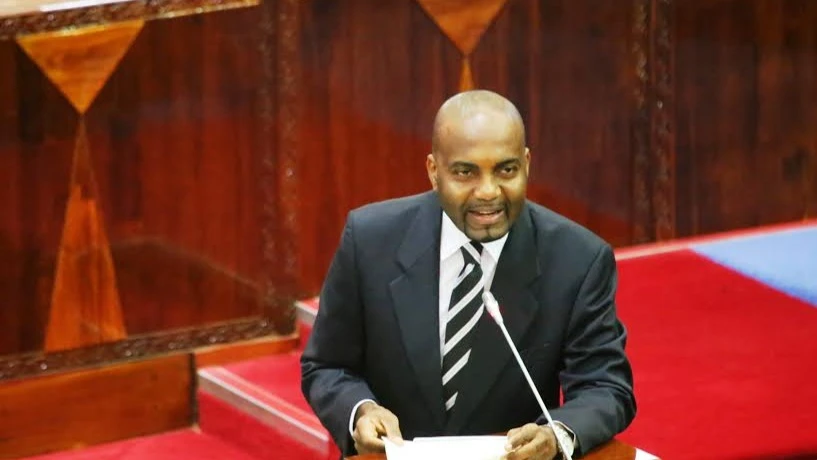Ghana’s visa-free policy to set the stage for a united Africa

GHANA has made a bold move that could reshape the continent’s future by announcing that, starting in early 2025, it will eliminate visa requirements for all African passport holders.
This groundbreaking decision positions Ghana as the fifth African nation to offer unrestricted entry to citizens from across the continent, following Rwanda, Seychelles, The Gambia, and Benin.
President Nana Akufo-Addo declared this policy as a testament to Ghana’s commitment to Pan-African unity, stating, “This move aims to build stronger ties across Africa.”
By breaking down barriers, Ghana is paving the way for economic growth, cultural exchange, and deeper regional integration.
The significance of this policy cannot be overstated. For years, African nations have struggled with the challenges posed by restrictive borders, which have stifled trade, tourism, and social interactions.
Ghana’s decision not only facilitates the free movement of people but also symbolizes a broader push for unity on a continent historically divided by colonial borders.
Aliko Dangote, one of Africa’s wealthiest entrepreneurs, has long criticized the cumbersome visa processes across Africa. In a 2024 interview, he lamented, “As an investor, as someone who wants to make Africa great, I have to apply for 35 different visas.”
For business leaders like Dangote, Ghana’s decision marks a pivotal shift, potentially making the country a hub for investment and entrepreneurship.
The potential economic benefits are immense. By removing visa barriers, Ghana is opening itself to increased intra-African trade, a key pillar of the African Continental Free Trade Area (AfCFTA).
The continent’s free trade ambitions have long been hampered by restrictive immigration policies, which complicate cross-border business operations. International trade expert James Karanja remarked, “Streamlining movement across borders is the cornerstone of any successful economic bloc. Ghana’s policy could catalyze a ripple effect across Africa.”
Indeed, the free flow of goods and people is essential for boosting commerce, creating jobs, and fostering innovation.
Ghana’s policy also aims to capitalize on its vibrant tourism sector. With its rich history, cultural heritage, and iconic landmarks, the country stands to attract more visitors from across the continent.
Landmarks like Cape Coast Castle and Elmina Castle, which bear witness to the transatlantic slave trade, offer profound historical insights. By making travel easier, Ghana hopes to encourage Africans to reconnect with their shared heritage.
Paul Kagame, Rwanda’s president and a vocal advocate for visa-free policies, has championed similar initiatives in his country, highlighting how open borders can enhance tourism and foster unity.
“When we open our borders, we open our minds and hearts,” Kagame once said, emphasizing the transformative power of such policies.
However, Ghana’s progressive move also shines a light on the continent’s challenges. South Africa, for instance, has faced widespread criticism for its xenophobic attitudes and restrictive immigration policies.
The country’s reluctance to embrace visa-free travel for fellow Africans stands in stark contrast to Ghana’s open-door approach. Xenophobic attacks in South Africa have targeted migrants from neighboring countries, highlighting deep-seated divisions that undermine the vision of a united Africa.
If South Africa were to adopt Ghana’s model, it could signal a commitment to regional solidarity and economic collaboration, rather than perpetuating isolationist tendencies.
The East African Community (EAC) also has lessons to learn from Ghana’s bold steps. Tanzania, for instance, has often been slow to fully embrace the East African Common Market’s principles of free movement.
Critics argue that bureaucratic inefficiencies and protectionist policies have hindered the region’s economic integration. By studying Ghana’s proactive approach, Tanzania and its neighbors could advance their common market goals and unlock the region’s economic potential.
Rwandan academics, like Professor Emmanuel Habimana, have lauded Ghana’s move as a model for the rest of the continent, emphasizing that “regional cooperation is the key to Africa’s development.”
Globally, the success of visa-free policies in developed nations underscores the potential impact of Ghana’s decision. The European Union’s Schengen Area, which allows passport-free travel across 27 countries, has been instrumental in fostering economic growth and cultural exchange.
Equally, agreements like the Trans-Tasman Travel Arrangement between Australia and New Zealand highlight the benefits of seamless mobility.
International relations scholar Dr. Maria Gonzales pointed out, “The economic and social strides achieved in regions with open borders demonstrate that Africa’s potential can only be realized through similar initiatives.” Ghana’s policy could catalyze a broader continental shift, inspiring other nations to rethink their immigration strategies.
Despite the optimism, challenges remain. Effective implementation of Ghana’s policy will require robust infrastructure, streamlined immigration processes, and enhanced security measures. The African Union’s Free Movement of Persons Protocol, designed to facilitate cross-border travel, has yet to be fully embraced by most member states.
As of 2024, only Rwanda, Seychelles, The Gambia, and Benin had fully implemented the protocol. Without widespread adoption, the continent risks perpetuating fragmented borders that hinder economic integration. Migration expert Dr. Kwame Mensah warned, “Ghana’s policy is a step in the right direction, but it must be complemented by regional cooperation to achieve its full potential.”
Critics also argue that visa-free travel alone may not address deeper systemic issues. For instance, while Ghana’s policy promotes unity, it does not resolve the infrastructural deficits that plague many African countries.
Improved transportation networks, digital connectivity, and trade facilitation measures are essential to complement open-border policies. Additionally, political will and mutual trust among African nations will be crucial to ensuring that the policy’s benefits are equitably distributed.
The stakes could not be higher as the world watches Ghana’s bold experiment unfold. If successful, this policy could redefine how Africans move, trade, and interact, laying the foundation for a more integrated and prosperous continent. Ghana’s decision sends a powerful message: that Africa’s future lies in unity, collaboration, and shared purpose. However, for this vision to materialize, other nations must step up, embrace change, and work together to create a seamless, borderless Africa.
In the coming years, Ghana’s leadership on this issue could inspire a wave of similar policies across the continent. As President Akufo-Addo noted, “The dream of a united Africa is within our grasp. It is up to us to make it a reality.” With determination and collective effort, Ghana’s groundbreaking policy could mark the beginning of a new era for Africa—one defined by unity, opportunity, and shared prosperity.
The European Union offers a striking example of the transformative power of visa-free travel. The Schengen Agreement allows passport-free movement across 27 countries, fostering unprecedented economic integration and cultural exchange.
As European Commission President Ursula von der Leyen once remarked, “Free movement is the cornerstone of European unity. It strengthens our economies and enriches our societies.” This policy has not only facilitated seamless trade but also enabled millions of Europeans to explore job opportunities and cultural connections without bureaucratic hurdles.
The global success of visa-free policies offers a roadmap for Africa’s aspirations. Countries like Singapore, Japan, and Germany have leveraged streamlined immigration to attract talent, boost tourism, and drive investment. The benefits are clear: in 2023, Germany reported a record 40 million international visitors, a testament to the advantages of openness.
As Ghana’s visa-free policy takes effect, it sends a powerful message: Africa is ready to chart a new course. The onus is now on other nations to rise to the occasion, dismantle outdated barriers, and embrace a future where borders no longer define opportunity.
“This is not just Ghana’s moment,” asserts Rwandan academic Dr. Jean Ntibajyayo. “It is Africa’s chance to lead the world in proving that unity and progress go hand in hand.” The winds of change are blowing across the continent, and with bold leadership and collective action, Africa can redefine its destiny. The time to act is now.
Top Headlines
© 2025 IPPMEDIA.COM. ALL RIGHTS RESERVED

























